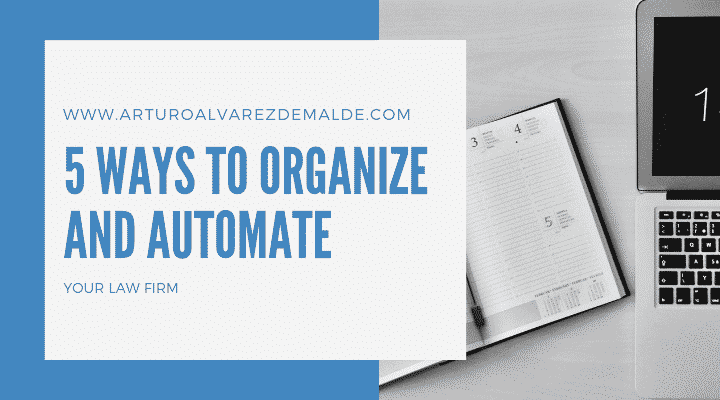According to The National Small Business Association, 36 percent of all small business owners had to resort to using credit cards to finance their small business endeavors in 2014. In fact, credit cards were the most used method of financing a small business, according to the report. Business owners were paying an average of 13 percent interest on the cards. During that period of time, 76 percent of small businesses were carrying debt.
Second City Advisors, financial advisors on debt, would like to remind business owners that business credit card debt can easily snowball and cause set-backs to your business. If your business has a lot of credit card debt, it is important to put a plan in place to pay off the debt.
The Problems With Business Credit Card Debt
Interest Rates Are Often Too High: We are in a time where the rates on credit cards of any kind are exorbitant. This makes it tough to get the debt paid down.
Your Personal Credit Score Can Suffer If You Get Behind in Payments: According to Nerdwallet, most business owners have signed a clause within their business credit card agreement that is a personal guarantee. That means the business owner will be personally liable if they fail to make the payments on the business credit card. Thus, their own credit can suffer, and the card issuer can sue them personally if they fail to make the payments on the business credit card. This personal guarantee, since it is an agreement you sign when you applied for the card, supersedes the protections that you have against personal liability that your entity normally enjoys as an LLC or corporation.
There Are No Consumer Protections on Business Credit Cards: Even if you are floating along, paying the credit card payment each month, Forbes states that these cards do not have any of the consumer protections enacted for other types of credit cards. Thus, the interest rate can spike up within a billing cycle, or you can be double-billed within a billing cycle.
It is Too Easy to Overspend With Credit Cards: It is all too easy to use credit cards on impulse and make purchases that do not help your bottom line and do not support your business plan.
If you end up with poor credit because you do not pay the business credit card debt on time, you will end up with more headaches than could stymie the growth of your business:
- You will not be able to get more credit when you need it in order to grow.
- Suppliers will not give you 30 to 60-day lines of credit.
- You will likely have trouble leasing office or warehouse space.
- It will be tough to get utilities turned on without fronting a deposit.
How to Pay Off the Cards
Lower Expenses
Nerdwallet advises that business owners consider minimizing the costs of office space, especially if your work is online. They also suggest not buying too many items to resell at first because you will have a better idea of what will sell over time. Another way to save money is to create your own website for your business. There are many good platforms today that help business owners quickly and painlessly create a website that tells their story. Anything you can do to lower expenses can go towards making larger payments on business credit card debt.
Try to Qualify for a Small Business Loan
Small business loans are often at lower interest rates, but Nerdwallet advises that you usually need to be in business for some time and have a track record.
Get the Credit Somewhere With Lower Interest
If you have good credit, consider a personal loan or a debt consolidation loan. Both are forms of personal loans often can be used to consolidate debt on high-interest cards. With a personal or debt consolidation loan, you will end up with one payment each month. These loans are often at a more forgiving interest rate than what you can get with a credit card. By lowering your interest rate, you will be attacking the principle and paying it down faster than if you are suffering under the higher interest rates on your plastic.
The caveat here is to realize that this type of loan is personal and can impact your personal credit score.
Secure a 0 Percent Interest Business Credit Card With Balance Transfer
If you can’t get a personal loan in order to reduce your interest rate, you might likely qualify for a 0 percent interest rate business credit card, if you have been making regular payments on your current card. These rates don’t last forever, though. Most of these balance transfer offers are only for 12 to 18 months, so you really have to try to up the ante on the payments each month in order to take full benefit of the interest-free ride. Just be aware of what your interest rate will revert to at the end of the 0 percent period.
If you are trapped in high-interest payments on a business credit card, call Second City Advisors. Our team is here to help you find the best path to pay off your high-interest credit card debt that may be threatening the growth of your business


















